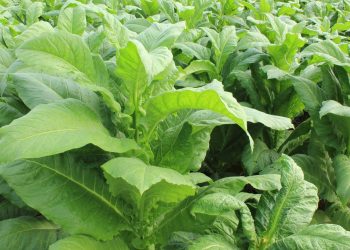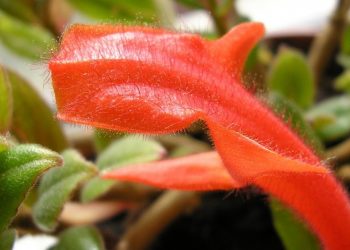Norfolk’s fertile land hosts many stately homes, wildlife areas, and many ancient ponds than any other surrounding area. At present, estates in the country are focusing on hunting down ancient “ghost ponds.” The main motive of doing so is reviving old seeds and discovering long-lost plants.
Many botanists believe it will yield the discovery of many lost plants. They say seeds can easily survive below leaves and mud. And they can grow speedily if sufficient water and sunlight are provided to them.
Botanists have already spotted six plants of the wetland flower grass-poly at the edge of an old cattle-watering pond. These plants are present in the Heydon estate in north Norfolk. And these plant species are spotted for the first time since the early 1900s.
Researchers Say an Old Pond is Quicker to Restore
Researchers at the University College London have expressed that Norfolk lost 8,000 ponds after the 1950s. And there are a total of 23,000 at present.
Besides, they say these ghost ponds are revealing lost plants. Moreover, it is quite easy and quick to restore an old pond to create a new one. As a result, the biodiversity rapidly reverts to rediscovered watering holes.
Jake Fiennes is an estate manager at Holkham Hall (owned by the Earl of Leicester). The estate manager focuses on nature-friendly farming, a boost of wading birds, and the restoration of wetlands throughout the 25,000-acre estate.
Scrutiny Process on to Find the Ghost Ponds
Jake Fiennes is laying his focus on studying plants in his newly flooded wetlands to observe new findings. Besides, he has eagerly started scrutinizing old maps to locate the ghost ponds on the estate.
He said they are currently running a process to find the maps for locating the ghost ponds. Fiennes is hopeful of the revival of rare plants at Holkham. And he believes it will uncover the seeds that are germinating underground for decades.
Besides, he also convinces other farmers to revive old ponds as he believes it would add value to land. Moreover, he said many ponds have dried up, for they were considered a hindrance instead of an asset. But they have rare plants that are there for decades.
Prince Charles and Wild Ken Hill are also busy creating lost ponds. In addition, Prince Charles has shown his interest in restoring nature at Sandringham. And the estate is a part of many initiatives with Natural England.






